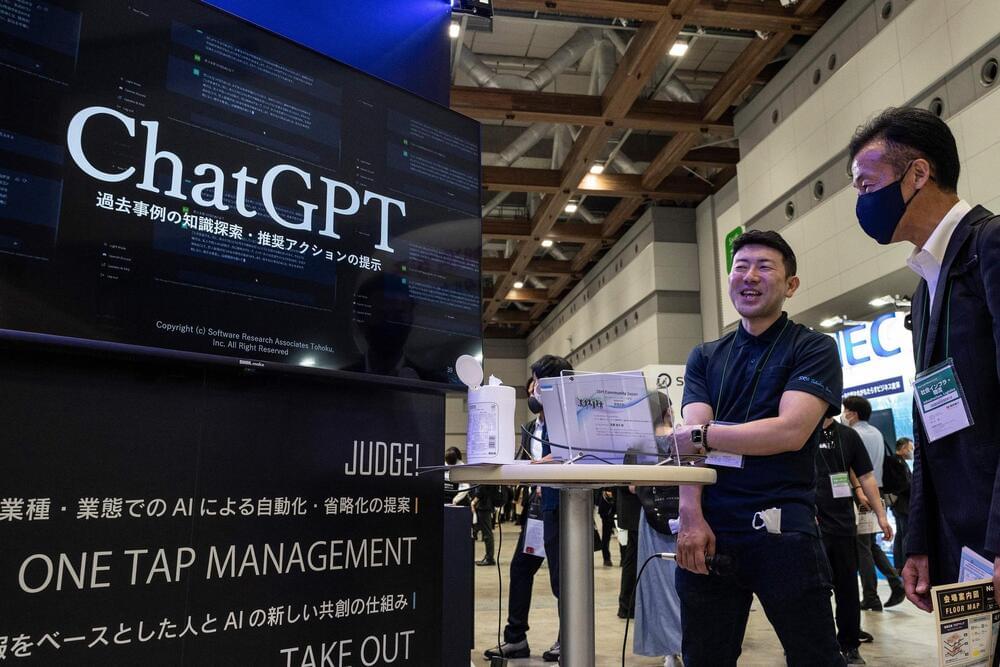It’s been a strange week. On the technological side, it has been exciting. Since there is the possibility that Apple announces its headset soon, all the companies are rushing to announce what they have in the pipeline before the big day. This means that these days we are going to have a lot of announcements. This and the next editions of the newsletter are going to be full of cool pieces of news.
On the work side, it has been busy, very busy. I’m also working on a cool tech prototype and I will share it with you very soon in the next few days on this blog. Be sure not to miss it! Next week I’ll also be at AWE. So the next 2–3 weeks are going to be crazy for me, so sorry if I will make the comments on the newsletter a bit shorter than usual.
On the personal side, I’m a bit devasted by the flood that happened in central Italy. My city has not been affected, I’m kinda distant from there (thanks to everyone that asked if I was ok), but seeing the images of what happened there tore my heart. In the Friends section of this newsletter, I will tell you how you can donate to the people affected by this terrible event if you want.






